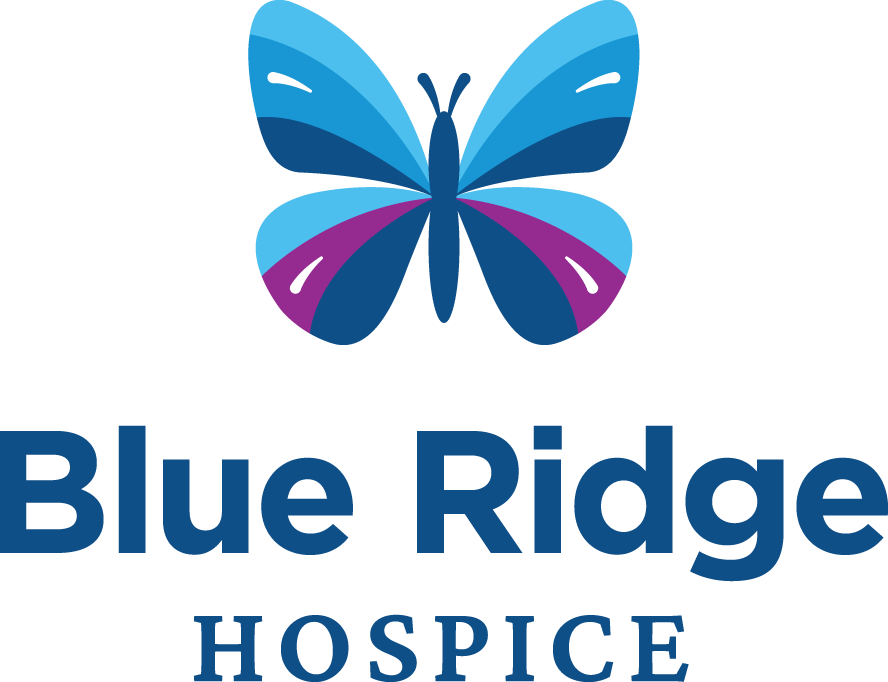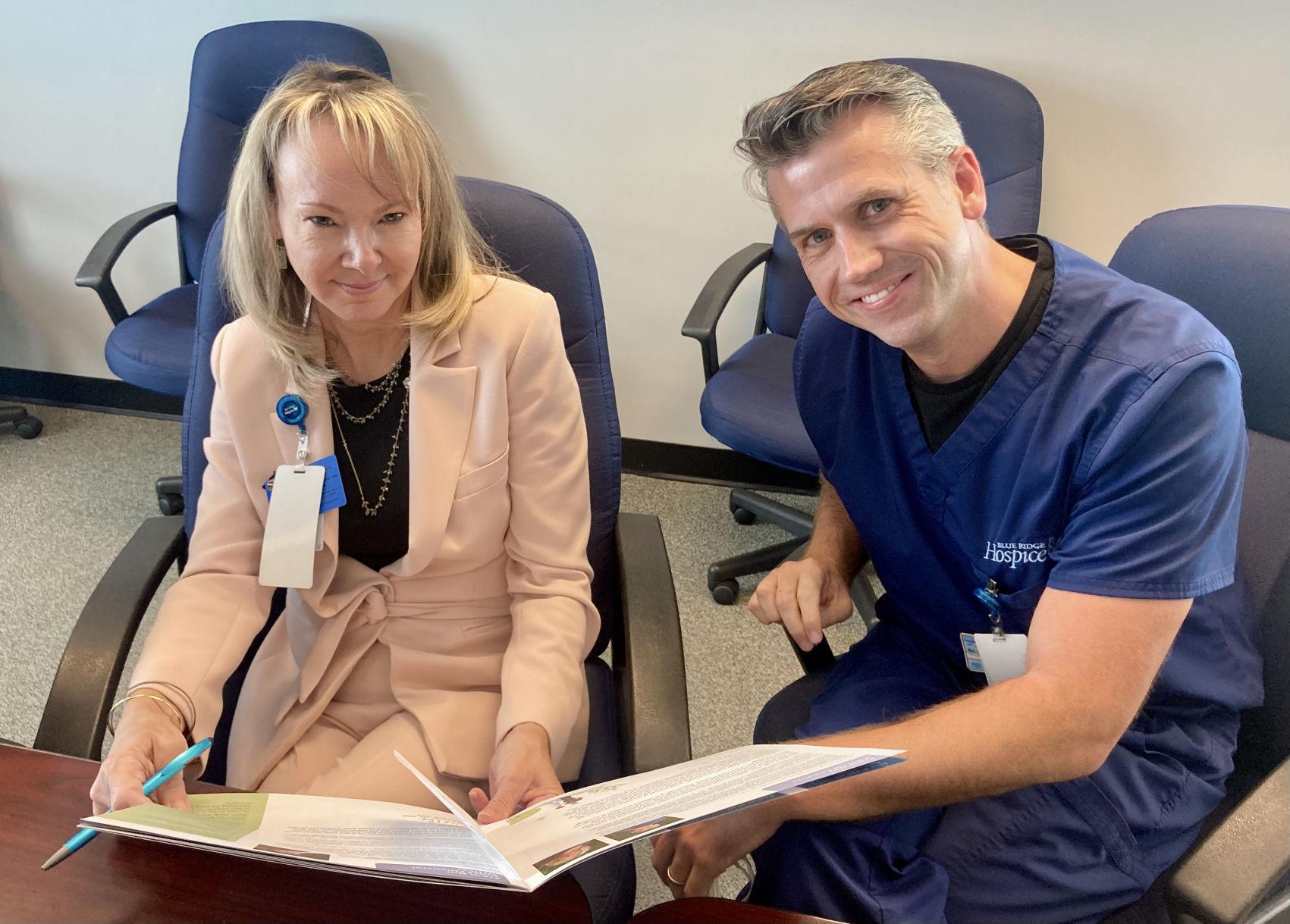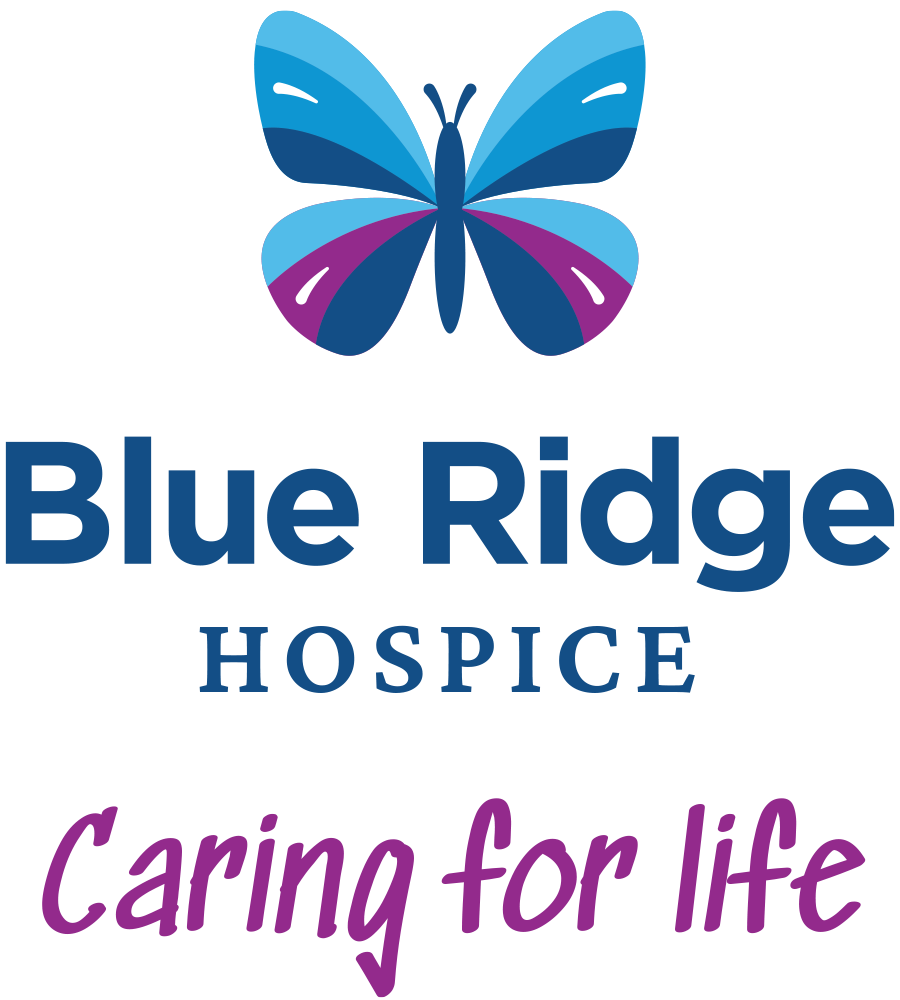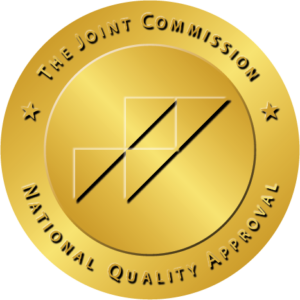Hospice staff, volunteers make ‘an indelible difference’
By Brian Brehm The Winchester Star
Published October 19, 2021
It’s National Hospice and Palliative Care Month, a time to give thanks to the people who bring dignity to our final days.
In Winchester, the nonprofit Blue Ridge Hospice has 250 staff members and 160 active volunteers who work every day to help the dying and their loved ones.
“Hospice Month is an opportunity for us to make the community more aware about hospice services, how they can access them and the benefits of having them at the end of life,” Blue Ridge Hospice President and CEO Cheryl Hamilton Fried said on Monday. “It’s also an opportunity for us to thank our employees and volunteers for the time and sacrifices they give in order to care for people at the end of life, which can be very challenging work.”
Hospice staff and volunteers step in shortly before a patient’s death to ease his or her suffering and help family members during a tragic time. Services are offered to anyone in need, regardless of a patient’s or family’s ability to pay, but Fried said only about 50% of people in the United States take advantage of what hospice can deliver.
Blue Ridge Hospice’s chief medical officer, Dr. Brendan Flynn, said it takes a special kind of person to work in hospice, but the rewards can outweigh the harsh reality of knowing that, barring a miracle, every patient is going to die in the very near future.
“The death rate in America is still 100%,” Flynn said. “But you can have a good outcome from something you know is coming.”
When it comes to end-of-life care, a good outcome is one that allows the patient to retain his or her dignity and pass away in the location of his or her choosing while ensuring the client’s loved ones receive full emotional and material support.
An example: Fried recalled a 43-year-old patient at Blue Ridge Hospice’s in-patient care center at 333 W. Cork St. in Winchester whose greatest wish was to celebrate one more Thanksgiving and Christmas.
“We utilized our volunteer department and marketing department, and lots of folks around here pitched in to make sure that we had decorations in her room,” Fried said.
Hospice staff and volunteers also reached out to Cracker Barrel restaurant at 200 Front Royal Pike near Winchester to order turkey dinners for the woman and her loved ones. Cracker Barrel responded by donating all the meals free of charge.
Flynn, who is also a family care physician, admitted there are definitely bad days in hospice, “but if we’ve done our jobs right, we’ve made an indelible difference in that family’s life and that patient’s life. … It’s worth those tough days because the difference we make is astounding.”
In 2020, in the midst of a global pandemic, Blue Ridge Hospice staff and volunteers cared for 1,298 patients, made 68,697 client visits and drove a collective total of 845,260 miles to perform their duties.
“Our staff is just fearless,” Flynn said. “We are so indebted to them.”
Blue Ridge Hospice also sees to the needs of people who are elderly or ill but still have a lot of life left. For example, when Viola Brown of Berryville turned 110 earlier this month, hospice staff spearheaded a birthday celebration at her home with gifts and a cake.
The nonprofit also offers free bereavement services to anyone in need regardless of whether their loved one was involved with hospice.
“It’s part of our mission to provide that type of service because we’ve got the expertise,” Fried said.
Additionally, Blue Ridge Hospice operates eight thrift stores throughout the region that sell donated items to raise money for the organization. Last year, 19% of the nonprofit’s operating revenues came from its thrift stores.
Just as Blue Ridge Hospice is there for the community, it is also there for its staff and volunteers. Due to the sometimes difficult nature of their jobs, Fried said the organization requires a significant amount of training when a person is hired, then offers bereavement services to them as necessary.
“We make sure to care for our own and to help them when they have those difficult days,” Fried said.
It can be hard for patients, their families and even their doctors to admit that death is near, but the sooner a person reaches out to Blue Ridge Hospice, the easier the end-of-life transition can be.
“It’s very important to get us involved as early as possible so that we can develop relationships and help them live their last days the way they want to live them, [and] the family can go through a proper grieving process afterward,” Fried said.
“Getting us involved early on to help with that quality-of-life aspect is always a good thing,” Flynn added.






